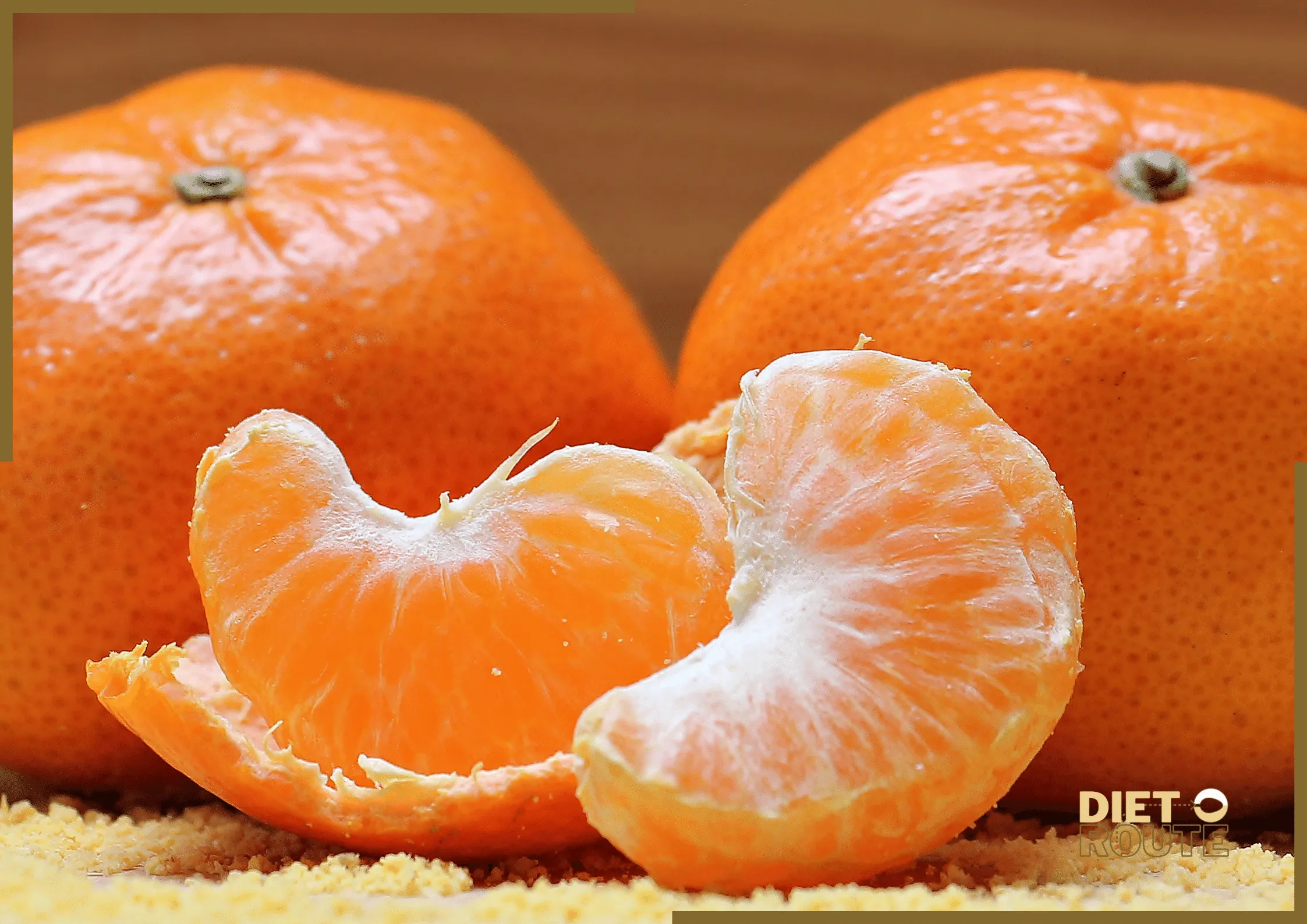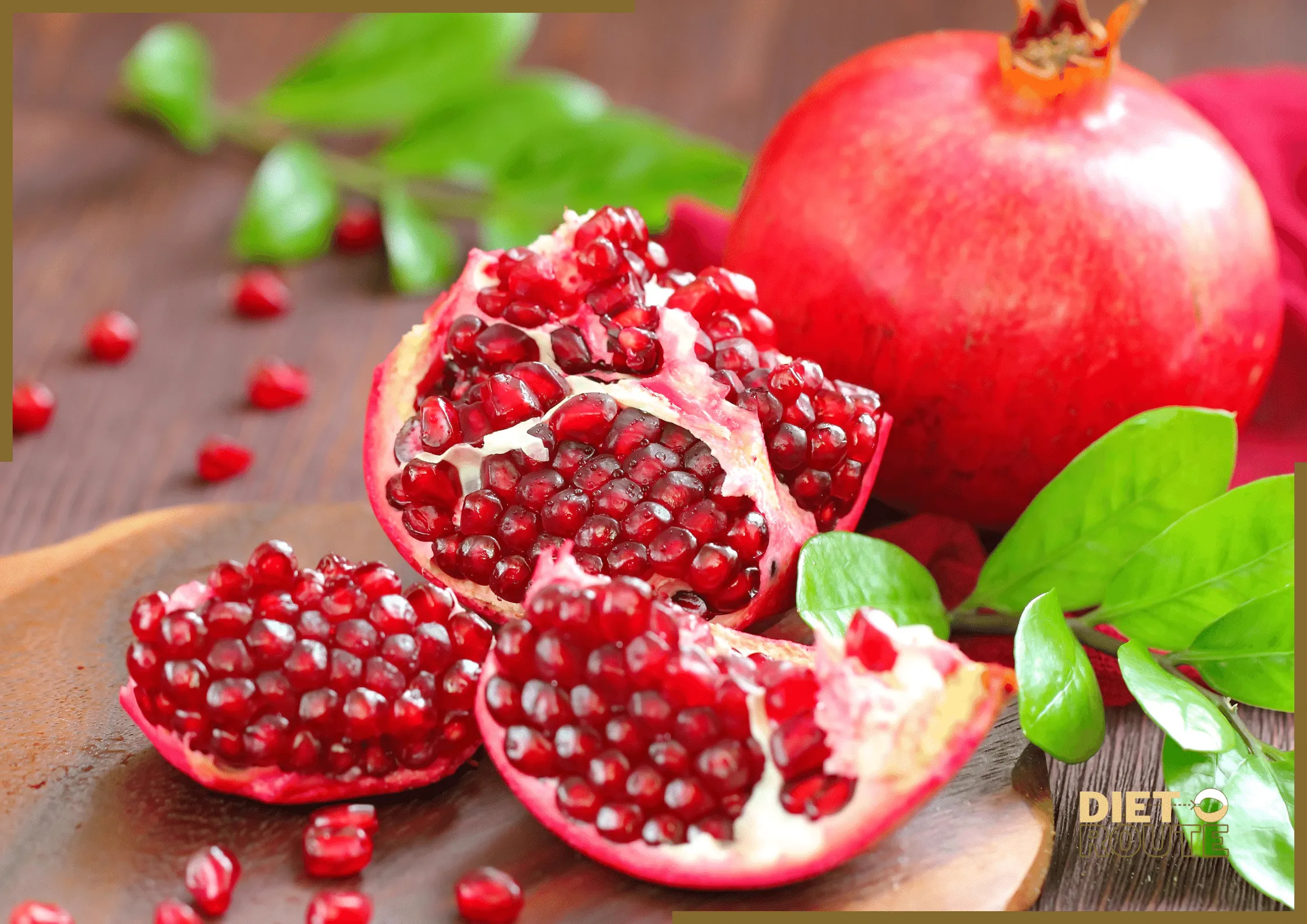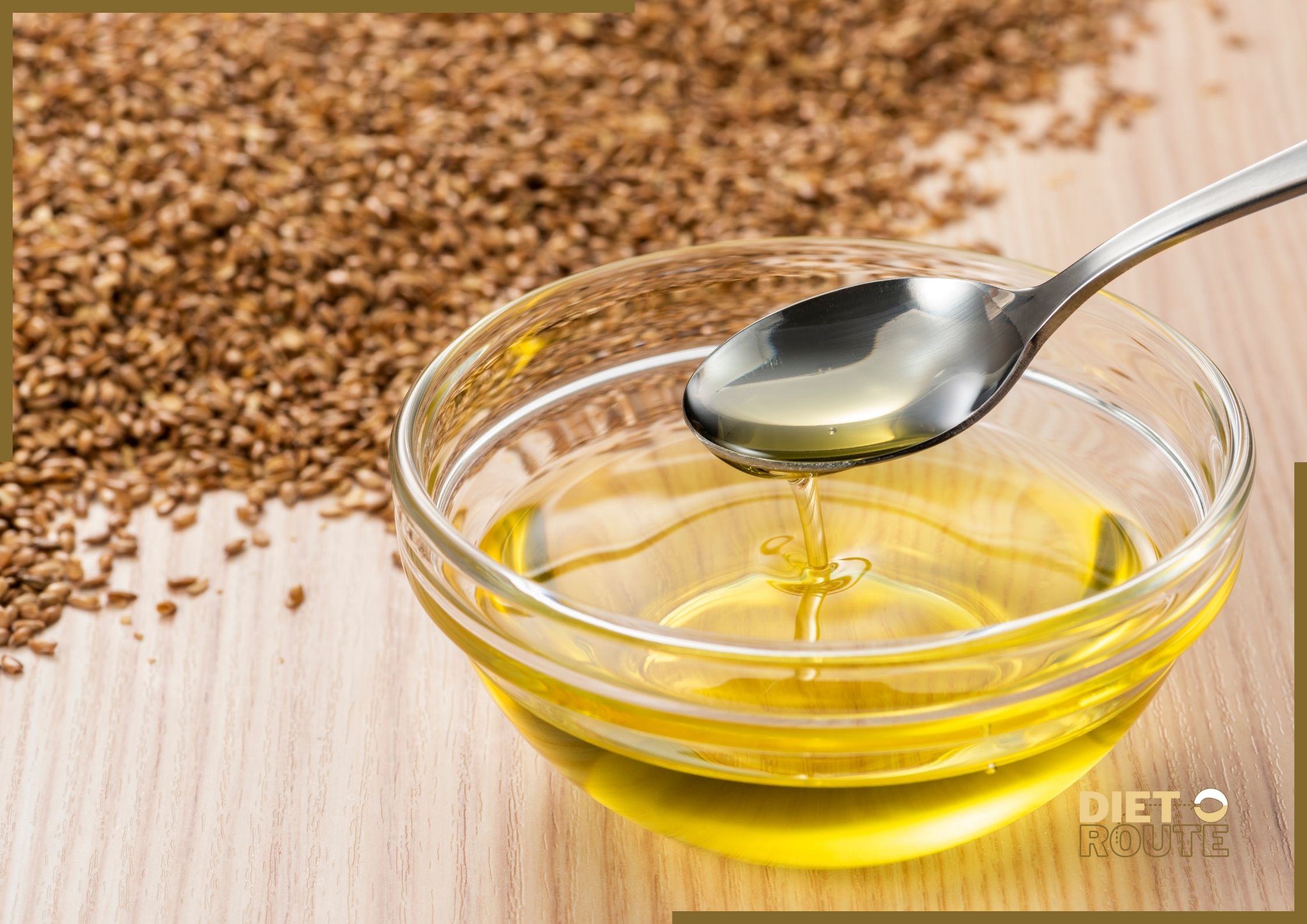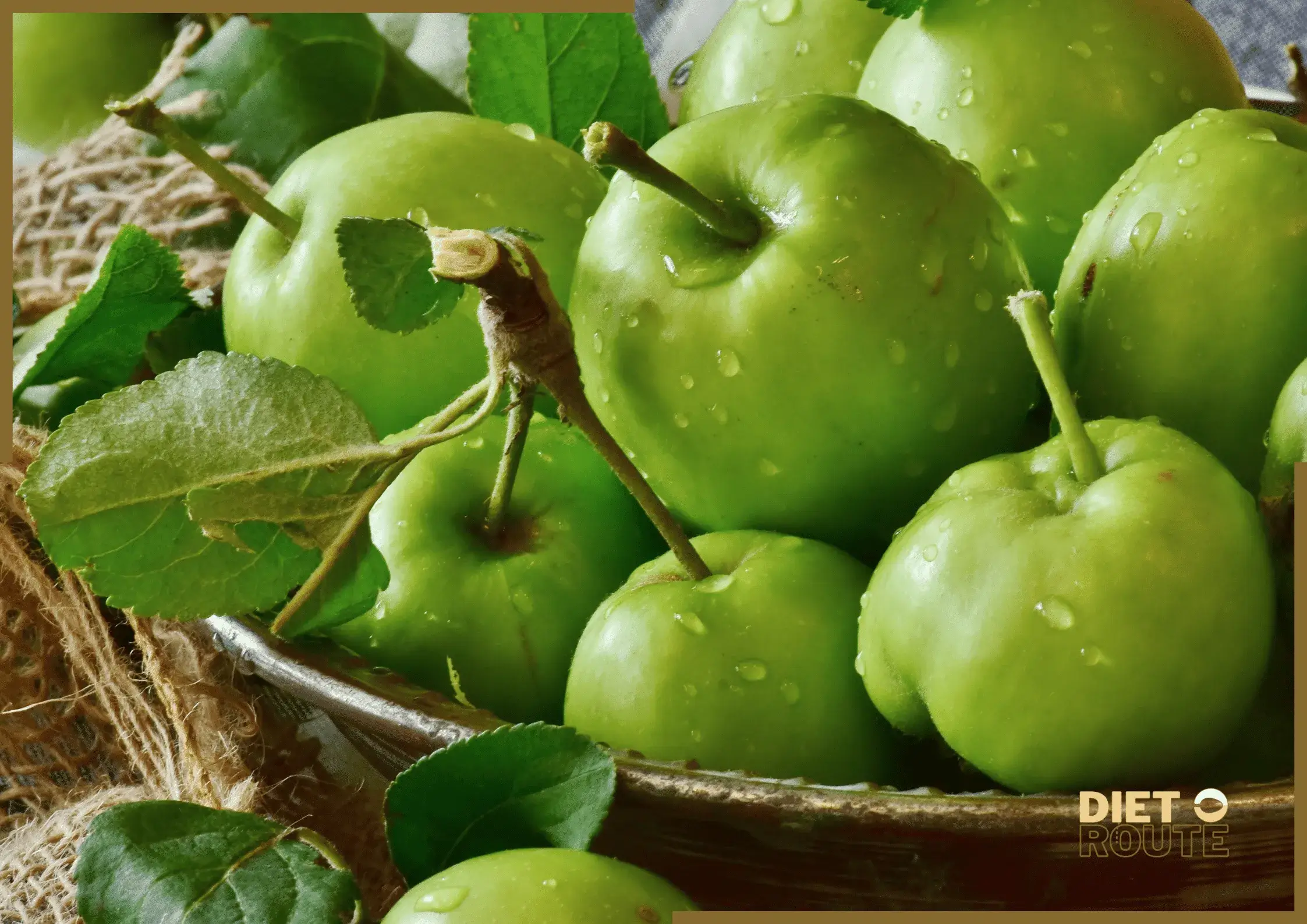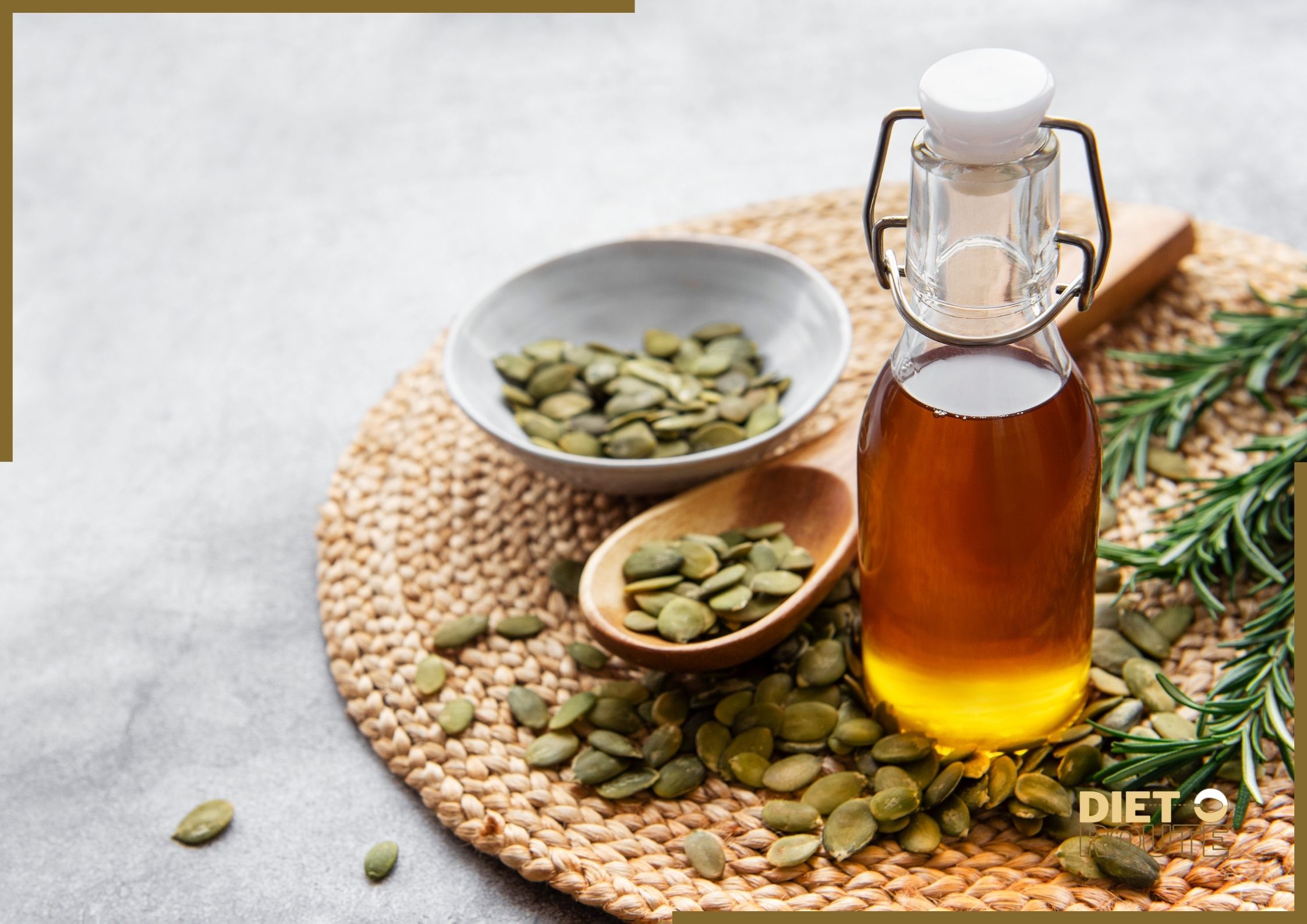Table of Contents
Introduction
Clementines are a delicious variety of small, sweet citrus fruits that are known for their easy-to-peel skin and delightful taste. This article presents a tabular breakdown of the nutritional value including the daily percentage value (% DV). In this article, we will explore the advantages and disadvantages of eating clementines and provide answers to ten commonly asked questions (FAQs). Explore the nutritional benefits and uncover their potential advantages and factors to keep in mind.
Nutritional Value Approximately 100g
The values provided are approximate can vary depending on the size and ripeness.
| Nutrient | Amount Per 100g | % Daily Value* |
|---|---|---|
| Calories | 47 kcal | 2% |
| Carbohydrates | 12 g | 4% |
| Fiber | 1.7 g | 6% |
| Sugars | 9 g | – |
| Protein | 0.9 g | 2% |
| Fat | 0.2 g | 0% |
| Vitamin C | 48.8 mg | 54% |
| Vitamin A | 80 IU | 2% |
| Potassium | 177 mg | 4% |
| Calcium | 30 mg | 3% |
*Percent Daily Values (% DV) are based on a 2,000-calorie diet.

Pros
1. A Rich Source of Vitamin C for Immune Function, Collagen Synthesis, and Antioxidant Protection.
2. They are a great option for weight management as they are low in calories, making them a healthy snack choice.
3. They are a great source of hydration and dietary fibre, making them beneficial for promoting healthy digestion.
4. They Convenient and Portable Snack for All Ages. Easy to Peel and Pack.
Cons
1. Similar to other citrus fruits, clementines contain acidity that can potentially lead to the erosion of tooth enamel. Practising proper oral hygiene and consuming clementines in moderation are crucial for maintaining good health.
2. Citrus fruit allergies, are uncommon but possible in some people. In case of any negative side effects, it is recommended to promptly seek medical assistance.
Frequently Asked Questions (FAQs)
1.Can clementines aid in weight loss?
They are a great addition to a balanced diet as they are low in calories and high in fibre, making them a beneficial fruit for weight management.
2. Is it safe to add clementines to a diabetic meal plan?
They are a great addition to a diabetic diet due to their low glycemic index and high content of essential vitamins and fibre. Portion control is crucial because of the high natural sugar content.
3. Is it safe to eat clementines while pregnant?
They are an excellent source of nutrition for expectant mothers due to their high content of vitamin C, folate, and fibre. It is crucial to seek guidance from a healthcare expert for tailored recommendations.
4. Can consuming clementines enhance skin health?
They are a great source of vitamin C, which can help boost collagen production and promote healthy skin.
5. Is it possible to freeze clementines for future consumption?
They are a versatile fruit that can be easily prepared by peeling and segmenting. They can also be frozen and used later in smoothies or as a delicious frozen treat.
6. Is it possible to add clementines to a low-carb diet?
They are a great addition to a low-carb diet as they are high in fibre, despite containing natural sugars. Enjoy them in moderation for a healthy snack option.
7. Are clementines genetically engineered?
They are typically non-GMO. To steer clear of genetically modified organisms, search for labels indicating organic or non-GMO.
8. Are there any medication interactions with clementines?
They do not typically cause any major medication interactions. It is recommended to seek advice from a healthcare expert if you have particular concerns.
9. Are clementines gluten-free and safe to consume on a gluten-free diet?
They are a great addition to a gluten-free diet as they are naturally free from gluten. Enjoy them without any worries!
10. Are clementines good for your eyesight?
They are a great source of antioxidants and vitamin C, which can help in maintaining good eye health.
In a Nut Shell
Clementines are a highly nutritious and tasty citrus fruit that offer numerous potential health advantages. These foods are packed with essential nutrients, fibre, and vitamin C while being low in calories. Adding to your daily diet can help boost your immune system, keep you hydrated, and promote healthy digestion. It is crucial to be aware of the acidic nature of these foods and consume them in moderation to preserve good dental health. It is recommended to seek personalised advice from a healthcare professional, particularly if you have any specific dietary concerns or medical conditions. Savour the delicious taste of this fruit as a revitalising snack or ingredient in your preferred recipes.

